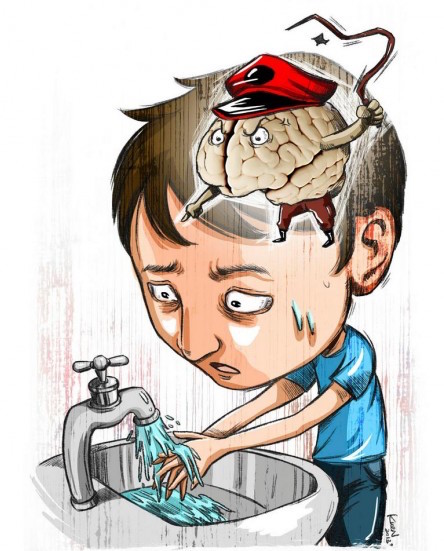Obsessive-Compulsive Disorder (OCD) in children is categorized under the same umbrella as OCD found in adults. The Diagnostic and Statistical Manual of Mental Disorders Fifth Edition (DSM-5) states that OCD symptoms must be present before the age of 18 years and must cause clinically significant distress or impairment in social, occupational, or other important areas of functioning.
Contents
Understanding Child OCD
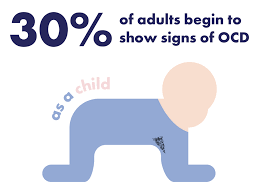
Child OCD usually begins in childhood between the ages of six and twelve. However, it can also affect adults. Symptoms typically begin gradually and tend to worsen with age. If left untreated, child OCD can have a significant impact on quality of life.
Why It Is Categorized As OCD
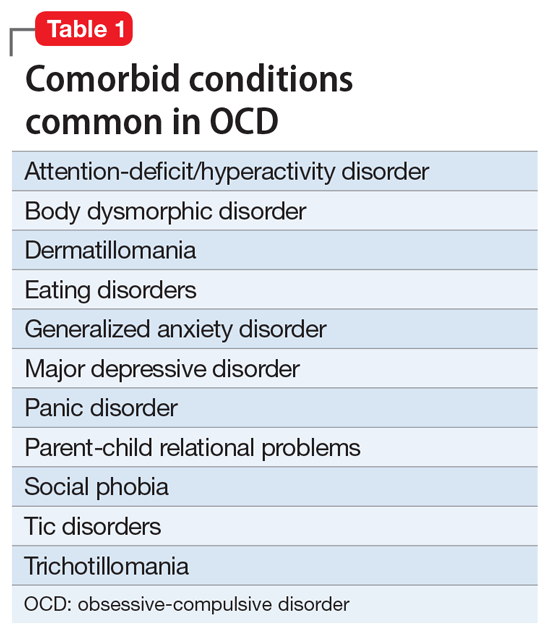
Child OCD is classified as a type of anxiety disorder. Anxiety disorders come up with excessive fear or worry. People with OCD experience these feelings more intensely than others and have difficulty controlling them.
Degrees of Child OCD
There are three degrees of child OCD: mild, moderate, and severe.
- Mild child OCD may cause some disruption in daily life but does not significantly impair functioning.
- Moderate child OCD can cause significant impairment in daily life and may require treatment.
- Severe child OCD can be debilitating and can cause complete disruption in daily life.
Types of Child OCD
There are four types of child OCD: checking, washing, hoarding, and ordering.
- Checking compulsions involve repeatedly checking things to ensure they are safe. (e.g., making sure the doors are locked).
- Washing compulsions involve repeated hand-washing or cleaning of objects to remove dirt or germs. (e.g., washing hands).
- Hoarding compulsions involve the compulsive need to save or collect objects. (e.g., collecting leaves).
- Ordering compulsions involve the need to keep things in a specific order or symmetry. (e.g., lining up toys).
Is It Treatable
Child OCD is treatable with a combination of medication and therapy. Medication can help reduce anxiety and minimize obsessions and compulsions. Therapy can help children learn how to manage their OCD symptoms.
Recognizing Child OCD Symptoms
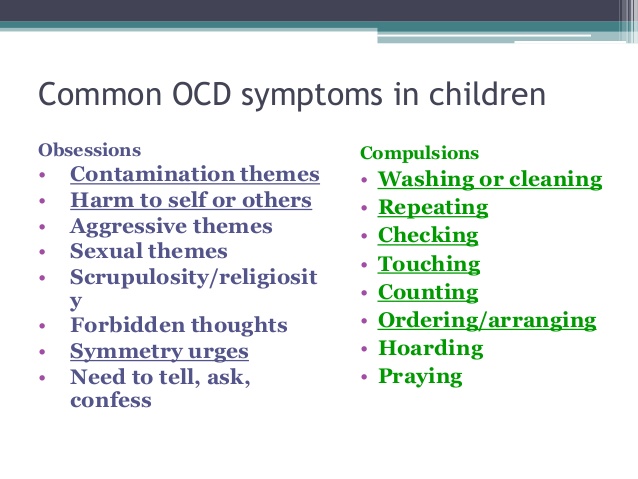
The first step in treating child OCD is to recognize the symptoms.
Obsessions Involved In Child OCD
Obsessions are recurrent and persistent thoughts, urges, or images that are intrusive and cause distress or anxiety.
Some common obsessions that children with OCD may experience include:
- Fear of illness
- Anxiety/fear of harm coming to oneself or others
- Fear of contamination by dirt, germs, or toxins
- Excessive concern with order, symmetry, or exactness
Compulsions Under Child OCD Symptoms
Compulsions are repetitive behaviors or mental acts that a person feels compelled to do to relieve the anxiety caused by the obsessions.
Some common compulsions that children with OCD may experience include:
- Repeating actions
- Compulsive checking
- Excessive hand-washing
- Counting or ordering rituals
- Avoidance of triggers (e.g., dirt, germs)
- Mental rituals (e.g., praying, repeating words)
Tests To Diagnose Child OCD
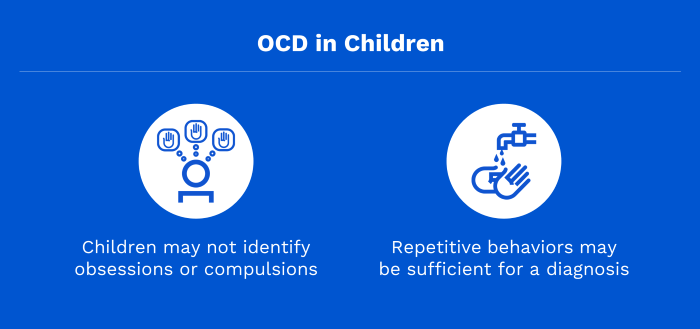
If you suspect your child may have OCD, there are a few tests to diagnose the condition.
The first step is to rule out any medical conditions that may be causing the symptoms. This can be done with a physical exam and blood tests. If no medical cause is found, your child may be referred to a mental health professional for an evaluation.
The mental health professional will ask about your child’s symptoms and family history. They may also use a questionnaire to assess the severity of the OCD symptoms.
Predicting Repercussions of Child OCD Symptoms
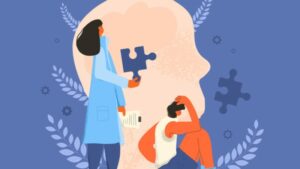
If left untreated, child OCD can have a significant impact on quality of life. It can interfere with personal, social, and educational functioning.
Personal Life: Children with OCD may have difficulty completing daily tasks. Such as getting dressed, brushing their teeth, or going to school. They may also avoid activities that trigger their OCD symptoms.
Educational Functioning: Children with OCD may have difficulty concentrating in school and may avoid going to school altogether. They may also struggle to make friends due to their OCD symptoms.
Social Life: Children with OCD may avoid social activities or withdraw from friends and family. They may also be teased or bullied by other children because of their OCD symptoms.
NOTE: In severe cases, it can lead to isolation and depression. If you think your child may have OCD, it is important to seek professional help.
Conclusion
Child OCD is a treatable anxiety disorder that can cause significant impairment in daily life if left untreated. Recognizing the symptoms of child OCD is the first step to getting treatment. If you think your child may have OCD, talk to your child’s doctor or mental health professional. With proper diagnosis and treatment, most children with OCD can significantly improve their symptoms. If you’re searching for an affordable, convenient, and effective treatment for Child OCD, consider Mantra Care.
If you are looking for affordable Online OCD Counseling MantraCare can help: Book a trial OCD therapy session
